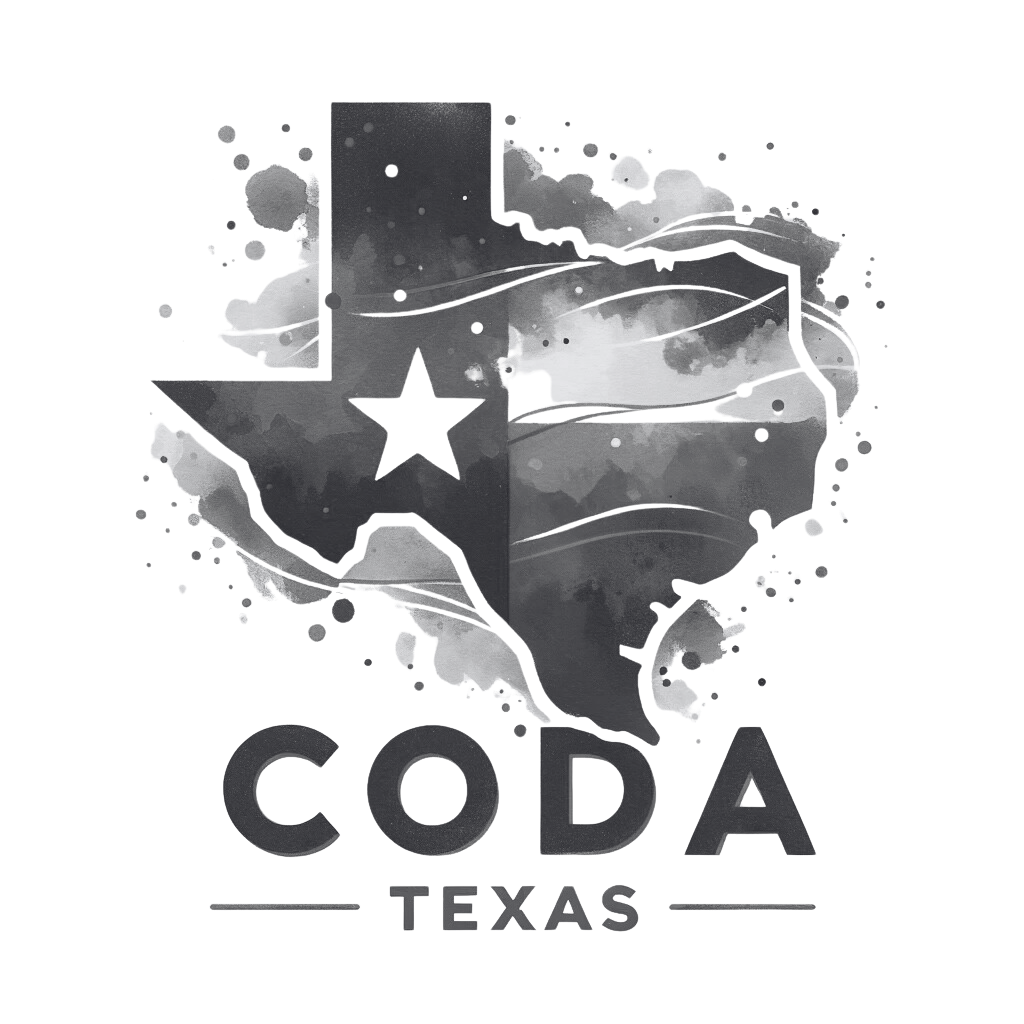Step Study Tools
Tools to help you as you work the steps
-
The steps are not meant to be worked in isolation. We highly recommend working the steps with the help of a sponsor, co-sponsor, or in conjunction with a Step-Study.
-
Meetings are a good place to discuss how you are progressing through each step and a place to receive guidance from experienced CoDA members.
-
Step Study Sign Up Form
Step Study Sign Up Form
Click the link below to register for the CoDA Step Study
Step 1
STEP 1 – “We admitted we were powerless over others – that our lives had become unmanageable.”
We start at the beginning. We admit that continuing to do what isn’t working is frustrating and self-defeating, and we begin to consider that perhaps there’s a better way.
Step 2
STEP 2 – “Came to believe in a power greater than ourselves could restore us to sanity."
-
Coming to Believe – The Spirit of Our 12-step journey – Working a Twelve Step program when you’re not sure about God
Step 3
STEP 3 – “Made a decision to turn our will and lives over to the care of God as we understood God.”
As we begin to let go of control, we are better able to accept the realities of being human. A good place to begin is with the Serenity Prayer. In CoDA, we each learn to build a bridge to a Higher Power of our own understanding, and we allow others the same privilege.
-
Accepting What I Cannot Change – download from Sydney CoDA
STEPS 1-3 – You can work the 1st 3 steps using this guide
Step 4
STEP 4 – “Made a searching and fearless moral inventory of ourselves.”
One of the options for performing a moral inventory is to do a self-assessment using the recovery patterns by highlighting your most troublesome areas. It is most helpful to write something about how each behavior harms yourself, and how they harm others. It can be hard to admit this to ourselves, but if we are open and fearlessly honest, this is where the healing can finally begin.
The Recovery Patterns can also help with Step 8 at the same time by considering people and situations where these patterns created problems.
Step 5
STEP 5 – “Admitted to God, to ourselves, and to another human being, the exact nature of our wrongs.”
-
The Rewards of Step 5
As we complete step 5, we take a look at the results of completing the 4th step and honestly admit to ourselves that “Yes, I’m the one who did those things,” and “Yes my actions have had consequences.”
It was through admitting that we are fallible when we discovered that our mistakes no longer had power over us. When we admitted our shortcomings to our Higher Power through prayer or meditation, and then actually said it out loud to another human being, we were taking ownership for our choices and our results. We discovered that in spite of our mistakes we were still accepted just as we are by a benevolent Higher Power and another human being. For many of us this was a “wow” moment, and we could now begin to take hold of the idea that we do not have to be a perfectionist or a people pleaser just to be acceptable to others.
Once we learned that it’s possible to be accepted just as we are, we realized that we didn’t have to become anything. When we took ownership for choices that resulted in negative outcomes or that had been keeping us in bad situations far too long, it was only then that we could begin to let it go.
Having completed step five, we could now begin looking to how we can make choices that can help us accept ourselves.
Step 6
STEP 6 – “Were entirely ready to have God remove all these defects of character.”
-
From Shame to Acceptance (see p. 2) – download from Sydney CoDA
In step one we admitted that our lives had become unmanageable. We were unable to do it on our own, so in step two we came to believe that a power greater than ourselves could restore us. In step six – having realized how much pain was created – we were entirely ready to have God remove all our defects of character.
In step 5 we learned that we could still be accepted just as we are by our Higher Power as well as another human being. Our mistakes did not make us bad people: We had simply been making poor choices based on the information we had learned from our dysfunctional systems (see CoDA Welcome).
Still, we didn’t like the results and outcomes of our choices. Having worked through steps four and five, we could see that the pain we felt was often a result of our own choices. We could now see more clearly that our choices had consequences. We were now beginning to see the bittersweet aspects that learning from our results had brought us.
We learned that we could begin to own our choices and accept ourselves. We realized that we were not alone because there have been others who have been where we are. We could now begin to release ourselves from regret about our past and become aware enough not to repeat it.
Step 7
STEP 7 – “Humbly asked God to remove our shortcomings.”
“…we knew that it was not our job to struggle with our old ideas. That was God’s business…
Our contribution would be a fourfold process:
1. To acknowledge our awareness of the old beliefs;
2. To admit our uncomfortable feelings about these beliefs;
3. To make the decision to accept our feelings about them;
4. And to take action by exercising our ability to choose NEW beliefs using whatever tools the program presented, [including affirmations] positive statements about ourselves.”
In step seven we learn about the tools of recovery, and we ask our Higher Power to show us when and how to use them. We derive both strength and grace from our Higher Power as we learn from our mistakes and humbly realize that we cannot do it alone.
-
Courage to Change the Things I Can – Serenity Prayer (pt. 2) – download from Sydney CoDA
-
Affirmations – Affirmations help overcome the old beliefs and empower you to CHOOSE new ones. A great source of affirmations is to use the recovery patterns specific to your own codependent behaviors.
Step 8
STEP 8 – “Made a list of all persons we had harmed and became willing to make amends to them all.”
Refer to your Step 4 inventory for a list of people you may have harmed and to get to a place of willingness for amends. This can be a time of reflection. We acknowledged to ourselves the exact nature of our wrongs, and if we were honest with ourselves in completing our step 4, this will make it easier.
This is not a time to get anxious about actually making an amends. At this point we are only making a list. Sometimes, more than one person may be partially to blame. We become willing to make amends by acknowledging our own part of the transgression.
Since oftentimes we have harmed ourselves most of all, it is important to include ourselves on our list.
Steps 9 & 10
STEP 9 – “Made direct amends to such people wherever possible, except when to do so would injure them or others.”
STEP 10 – "Continued to take personal inventory and when we were wrong, promptly admitted it."
Step 9 is about making peace with ourselves and others for our past mistakes. That is the purpose of amends.
Going forward in Step 10, when we notice we are wrong we promptly admit it. This keeps the line of communication open, and keeps the slate clean.
Remember to forgive yourself as well. It’s your choice to forgive yourself for giving away your personal power…or it’s your choice to remain in a state of pain and sorrow. Make the choice to forgive yourself — you will find out just how free and powerful you become!
STEP 10 – “Continued to take personal inventory, and when we were wrong promptly admitted it.” Step 10 is the maintenance step. We work our recovery by engaging in self-care. Performing a daily review helps keep our recovery on track.
-
Step 10 Checklist – PDF
-
Step 10 Checklist – Word Doc to personalize your checklist
Step 11
Step 11
STEP 11 – “Sought through prayer and meditation to improve our conscious contact with God as we understood God, praying only for knowledge of God’s will for us and the power to carry that out.”
CoDA is a spiritual program, but not a religious one. We seek serenity on a moment by moment basis. Whether you call it developing your intuition or spiritual guidance, we gain peace through prayer & meditation. In laying aside our own will, we discover our Higher Power’s will for us and the strength to carry it out.
-
Prayer, Meditation, & Higher Power’s Will – download from CoDA Sydney
-
The Serenity Prayer – Full prayer as explained in AA
-
CoDA Step Prayers to guide the spiritual aspect of our recovery.
Step 12
STEP 12 – “Having had a spiritual awakening as the result of these steps, we tried to carry this message to other codependents, and to practice these principles in all our affairs.”
As we make the effort to practice these principles in all our affairs, we notice something. It gets easier, our lives change, and we notice that we have had a spiritual awakening. Giving back is part of our recovery. We recognize gratitude for the program and want to do our part to give back in some way to our CoDA Community. We may not want to at first, but the fact is, we don’t get better just by learning the steps. We get better by putting them into practice.
We come back to the steps again and again. Feeling stressed out, angry, or sad? Negative emotions are our Higher Power’s way of telling us that something is wrong. Working the steps help to bring us back to serenity.
Getting Started
Meetings are a good place to discuss how you are progressing through each step and a place to receive guidance from experienced CoDA members.
-
Step Tools 1-12
-
Ongoing Recovery & Additional Resources
-
CoDA Step Prayers
-
The Controller's 12 Steps
-
Personal Sharing on the 12 Steps (2 CDs) - $
-
Twelve Steps & Twelve Tradition Workbook - $
-
The CoDA Book - $


